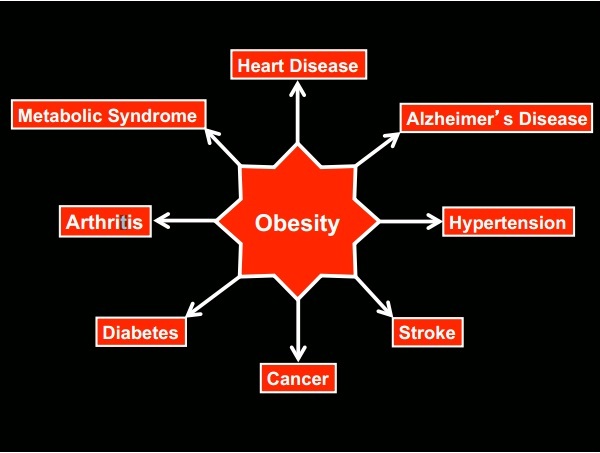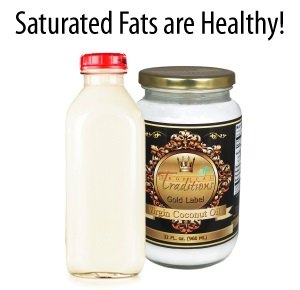Study: Doubling Saturated Fat in Diet Does not Increase Saturated Fat in Blood
2014 will undoubtedly be remembered as the year the dietary belief that saturated fats are bad and lead to heart disease began to crumble in the mainstream media. This "news" of course is not "news" at all for those of us in the alternative media, as we have been saying this for well over a decade now. The research in the scientific literature showing the health benefits of saturated fats in the diet has been around for even longer. What should be carefully noted in the mainstream media's reporting on saturated fats, however, is that it is almost exclusively related to dietary advice, and the sale of certain groups of food high in saturated fats, such as butter. The reason for restricting the change in the saturated fat myths of the past 50 years or so to only dietary advice is most likely due to the fact that processed food companies (such as Big Dairy) can still produce products that take advantage of this shift in consumer trends, as consumers wise up to the fact that when you restrict saturated fats in the diet, you tend to replace them with refined carbohydrates, which are linked to many health problems that are historically blamed on saturated fats. Undoubtedly, the processed food industry's answer will be more highly processed saturated fatty foods now. Where the change in the saturated fat myth is still not applied in the mainstream media is in the lipid theory of heart disease related to cholesterol. This is a holy grail in the pharmaceutical industry that supports a hundred BILLION dollar drug industry to lower people's cholesterol levels. So the cholesterol myth will die a hard death. Sadly, it will live on to bring in billions of dollars in pharmaceutical profits for the foreseeable future. The latest study showing the fallacies of the saturated-fats-are-bad belief system comes from Ohio State University.













